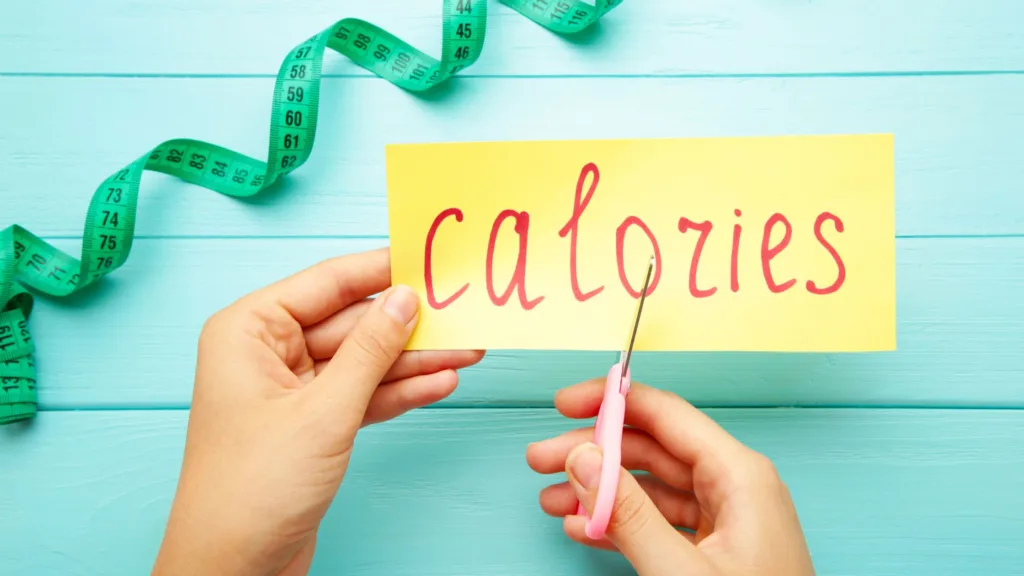International No Diet Day Prioritize Nutrition Over Calorie for Weight Loss: Fad diets have been the go-to method for quick fixes and for those who are looking for weight reduction. Most people are focused on removing food items from their diet instead of incorporating food items that are nutritious and healthy. For International No Diet Day 2023, Carewell Helath Tips brings you fascinating insights into healthy eating and diet myths that were highlighted by a clinical nutritionist and weight loss expert Shivalika Verma.
A fervent advocate of holistic health and functional food, Shivalika Verma says people should quit following diets blindly. There isn’t a one-size-fits all she claims.
Say Goodbye to Diet Myths and Hello to Healthy Weight Loss
In discussing the importance of knowing about nutritional information, the nutrition expert outlined some common misconceptions about eating habits. They are most popular with those who struggle with losing weight. Let’s look at diet myths.
1. How Caloric Restriction Can Work for You: Strategies for Successful Weight Loss
Based on Shivalika Verma, one of the most popular myth of the moment is ‘Calories in and calories gone’. In a statement on her position she says, “Creating a calorie deficit can be beneficial in weight loss, but it’s not the only factor that can work. The hormonal imbalances that can occur sleep, medications, and metabolic adjustments are just a few elements that make weight loss more difficult for certain individuals.”
Verma is also worried that people consume a low amount of calories and food that is nutritionally deficient using this approach. “In addition to the deficit, how your is fueled during the process is crucial to your ability to reach and sustain your goals,” Verma says. Verma warning that such diets are guaranteed to develop nutritional deficiencies and disrupt the hormone balance.

Working with clients who ate just 800 calories per day, and yet they were not losing weight, she says that metabolic adaptation is a major factor to contribute to losing weight. A crash diet can result in negative side effects. As such it is important to educate yourself about healthy eating. is essential.
“People gain from a calorie intake that is gradually increased over time, thanks to higher nutritionally dense foods. Our body is better than we are. With a huge deficit of calories, it stops other functions, and focuses solely on the survival.”
2. Eliminating fats from your diet to shed excess weight
Most people will cut back on fat when they think of losing weight and move to boiled or steaming food, says Verma. “Fat is a popular choice for being the ‘bad guy for the heart’. But not all fats are made in the same way. Nuts and seeds are both high in fat, but the monounsaturated fats they contain help lower LDL cholesterol (known as bad cholesterol). Omega-3 in ghee can help fight inflammation.” she says.
It is crucial to remember that fat isn’t only an energy source, as it is thought. Fat cells also aid in the production of important hormones.
However, avoiding fats that are unhealthy like margarine, palm oil, soybeans and canola oil is essential. The majority of bakery products such as ice creams and ice creams contain trans-fats. That’s the kind of fat that you need to avoid So, be sure to choose your fat intake carefully!
Also known as:

3. Incorrectly consuming information
Thanks (or thank you) to the social media world many nutritionists or health professionals have a specific tip for living a healthy and balanced lifestyle. They could be forced to cut essential food groups without understanding the implications for nutrition or get too focused on a particular aspect of nutrition and not consider the larger overall picture. However, those who are exposed to this information must be cautious.
Shivalika Verma who is herself very popular on Instagram she says “People often receive conflicting information from different sources, which can cause confusion and anger. The incorrect information could be especially risky when it comes to food and nutrition. It is possible that people will follow advice that’s not supported with scientific proof and may cause more harm than good.”
It can be difficult to discern between the best and worst advice. Therefore, even though there could be plenty of appealing “quick fix” advice but it might not be based on solid evidence from science. It doesn’t matter if it’s a high-fat dietary or a diet that is low in carbs, it’s essential to learn about the most recent research on nutrition and consult their healthcare advisor before making drastic modifications to their diets as suggested by Verma.
Also, check out:
Unique Weight Loss Strategies for Unique Body Types
Weight loss or gain – whatever the goal might be, Shivalika Verma says people should realize that there isn’t a single “right way to eat”.
“Everyone’s diet needs differ and the diet that works well for one individual might not be suitable for another. It is essential to choose an appropriate diet that is right for you and be aware of the body.”





